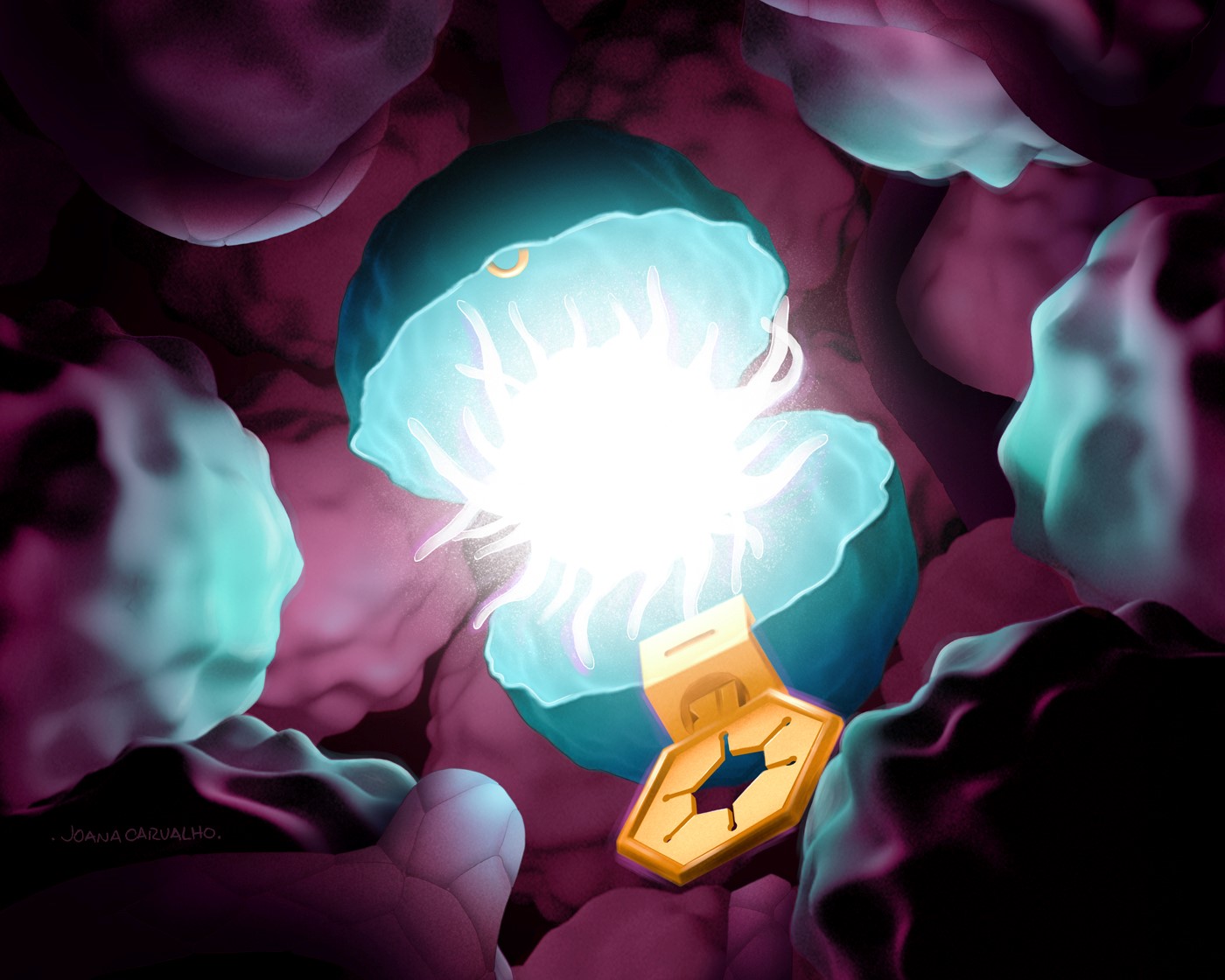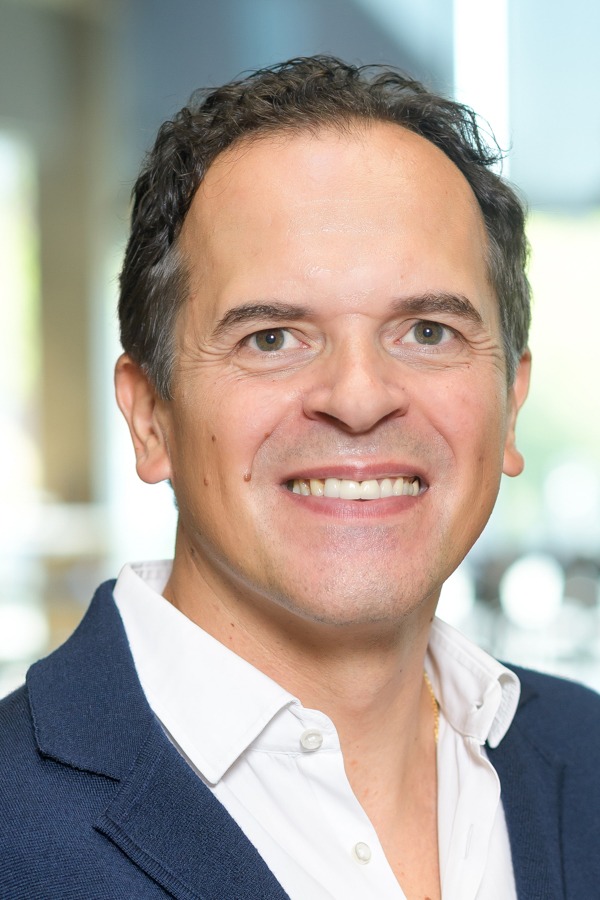The focus of our laboratory is to understand the molecular determinants underlying cell reprogramming and hematopoietic specification. In humans, the multiple differentiated cell states are normally stable and inherited through cell division. Under certain conditions, cell fate can, however, be modified or reversed. Cell reprogramming can be achieved experimentally in different ways, including nuclear transfer, cell fusion or expression of transcription factors. The emergent ability to directly reprogram somatic cells into desired hematopoietic cell-types is opening avenues to the discovery of new therapies for immune and blood diseases. Our approach focuses on Hematopoietic Stem Cells (HSCs) for their remarkable regenerative potential and Dendritic Cells (DCs) as key orchestrators of immunity.
Aims
- To understand at the molecular level how hematopoietic cellular identities are specified during development employing cellular reprogramming.
- To use this knowledge to design new strategies for regenerative medicine and cancer immunotherapy.
Impact
Our research will increase the understanding of the intrinsic determinants underlying hematopoietic progenitor and effector cell identities. This knowledge may allow the re-creation of these unique cell fates from any human cell in the dish or inside the organism. Ultimately, we believe that our research will contribute to improved blood stem cell transplantation and hematopoietic regeneration. In addition, DC reprogramming is allowing us to develop new ways to modulate the immune response. This represents a unique opportunity to merge the fields of cell reprogramming and cancer immunotherapy, leading to the development of a powerful new class of cancer therapeutics.

Group Members:
Filipe Pereira, PI
Ilia Kurochkin, postdoc
Camila Vazquez Echegaray, postdoc
Peng Wei, postdoc
Sandra Schwarz, visiting postdoc
Camille Chatelain, postdoc
Sandhya Malla, postdoc
Nejc Arh, PhD Student
Ervin Aščić, PhD Student
Abigail Altman, PhD Student
Evelyn Halitzki, PhD Student
Gaia Fontanari, PhD Student
Malavika Nair, Project Assistant
Konstantinos Kokkoros, Project Assistant
